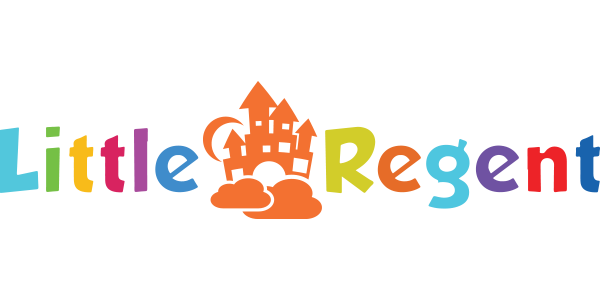Raising a smart and intelligent child is easy, when parents learn and master the basics of parental techniques that enhance an array of intelligences and abilities. A smart child becomes one, when he or she develops certain inbuilt positive characters within both lobes of the brain. Developing both lobes of brain is the main key to enhancing brain power in children. Most of the techniques that parents use are logical and explanatory, where they may need to observe and watch children’s behavior as and when they act and react on some events or activities. Here are some of the time-tested and proven strategies that help children develop intelligence and smartness.
One of the basic intelligences among humans is their ability to observe and make out patterns. Another important activity is their ability to create a connection or relationship between different patterns and shapes. This is an analytical ability that helps children to compare, differentiate, contrast and evaluate a series of different situations that occur almost simultaneously.
Some examples are:
- Counting the number of houses, numbers, objects etc
- Differentiating between different colors and shades like color of flowers or leaves
- Making out shapes and patterns of objects and things
Tips: Provide your children different patterns, blocks, shapes in the form of play blocks and things. Let them have brilliant and vivid colors so that your children can make out the differences between them. Take your children to a public place like a mall or super market. Make them stand in a queue so that they can count the number of people standing in the queue. You can ask them simple questions like how many people are standing in front and back of them. Take your children to a garden and ask them to count the number of trees there. Instruct them to count both bigger and smaller trees in the garden.
It is a universal axiom that everyone knows and understands – reading is the greatest habit. Reading to younger children is still more effective. A child who inculcates the habit of reading at an early age will be the wisest and intelligent person in the later stages of his or her life. Reading habit should start at your home and by your children’s bed side. Bring home great books and read their content to your children, especially when they go to sleep. As you read stories to your children just before they go to bed, the moral of the story will sink in their mind very quickly.
Some examples are:
- Reading story books that contain morals and principles.
- Reading books that ask children many questions and pose queries.
- Reading books that enhance imagination and visualization.
- Reading books that promote thinking and deductive skills
Tips: Books are our best friends. Books enhance our image and self esteem. Take your children to a local public library and show them the books, magazines and journals stacked on the racks. Show them how the books are neatly arranged and indexed. Allow them to read their own books, recite the stories and morals behind them.
Board games are possibly the best tools that can enhance your children’s intelligence and mind power. Card games could be the most productive tools as well. Board games can teach children critical thinking, cognition, imagination, visualizing and analytical skills. Your children will also learn and master counting and math skills with board games. Board and card games could be interesting and inspiring apart from their curiosity nature.
Some examples are:
- Board games come in many forms and designs.
- They are age appropriate and related.
- Choose the right type of games based on the age of your children.
- Bring home games that promote cognition, thinking and analytical skills
Tips: Sit down with your children and develop games together. This will help your children learn how to be creative. Playing board games that promote thinking skills can be more useful than any other games. For example, Monopoly is a well-known game that can teach thinking, imagination, financial literacy and other useful skills in one single play.
Simple math and arithmetic exercises could enhance your children’s analytical and thinking skills. Math could be a big brain booster to young children. Teaching math at a young age could make your children smart and mentally agile.
Some examples are:
- Counting numbers is a proven way to teach early math to children, who are below seven years of age.
- Subtraction, addition, multiplication and division skills can make your children learn analytical skills.
- Pictorial and thematic math is a productive way of teaching analytical and deductive skills to children.
Tips: Ensure that you explain the meaning of different steps of mathematics, so that your children will learn and understand their need and importance. Educative toys like number blocks, patterns and shapes are the best tools for very young children, who are still learning the basics of math.
Fitness plays a major role in enhancing health and well-being. Children who are in the age bracket of 10 and 15 years may need at least 30 minutes of exercises everyday to stay mentally alert and agile. Regular exercises can promote absorption of extra amount of oxygen apart from inducing sound sleep in the night. A brain that gets good rest through sleep will be ready to absorb extra skills and techniques. Like fitness, even nutritious food plays a vital role in the development of brain and its positive characteristics. The food that your child gets should be a harmonious blend of all essential nutrients like protein, fat, carbohydrates, trace minerals and vitamins. Excessive intake of sugary food can result in additional deposition of fat in the body. Sugary diet may also result in dehydration and loss of essential fluids from the body system. Nutritious breakfast is a necessity for growing children.
Teaching how to be confident in spite of all odds and obstacles is a proven way to enhance intelligence in children. A confident child knows how to achieve success in spite of difficulties and hassles. When a child gets required confidence after achieving success, he or she can become positive and motivated to tackle more challenging problems.
(Article Credits: Andrew Loh)





